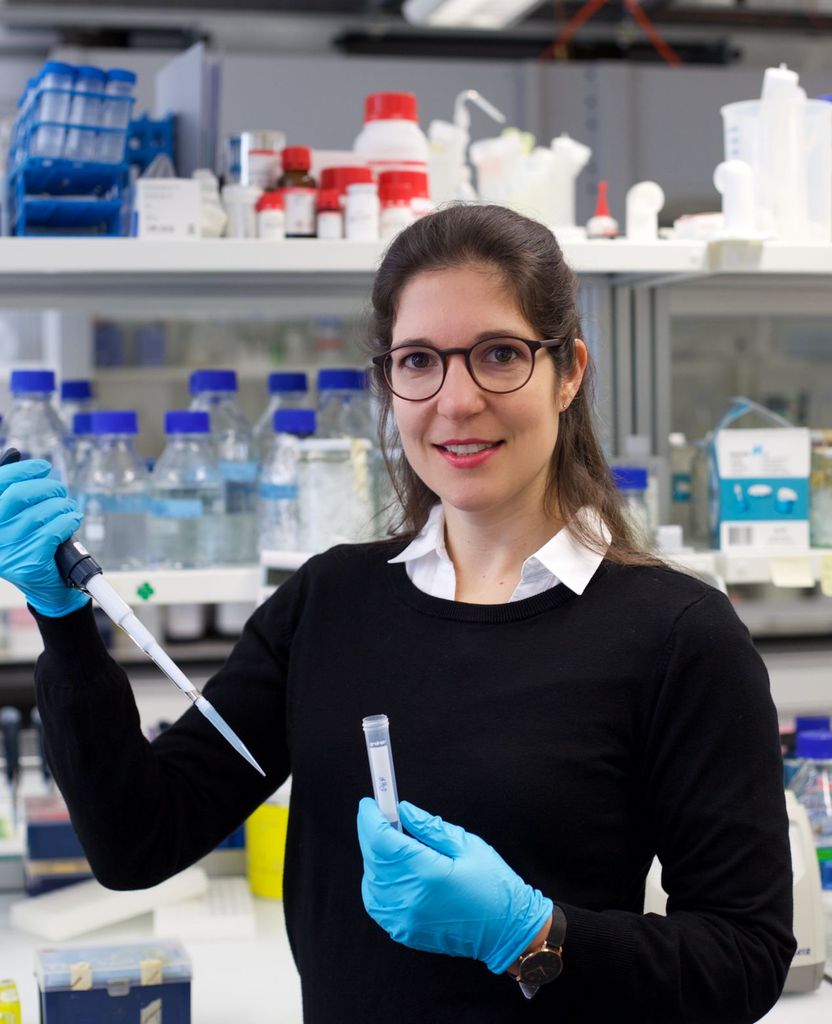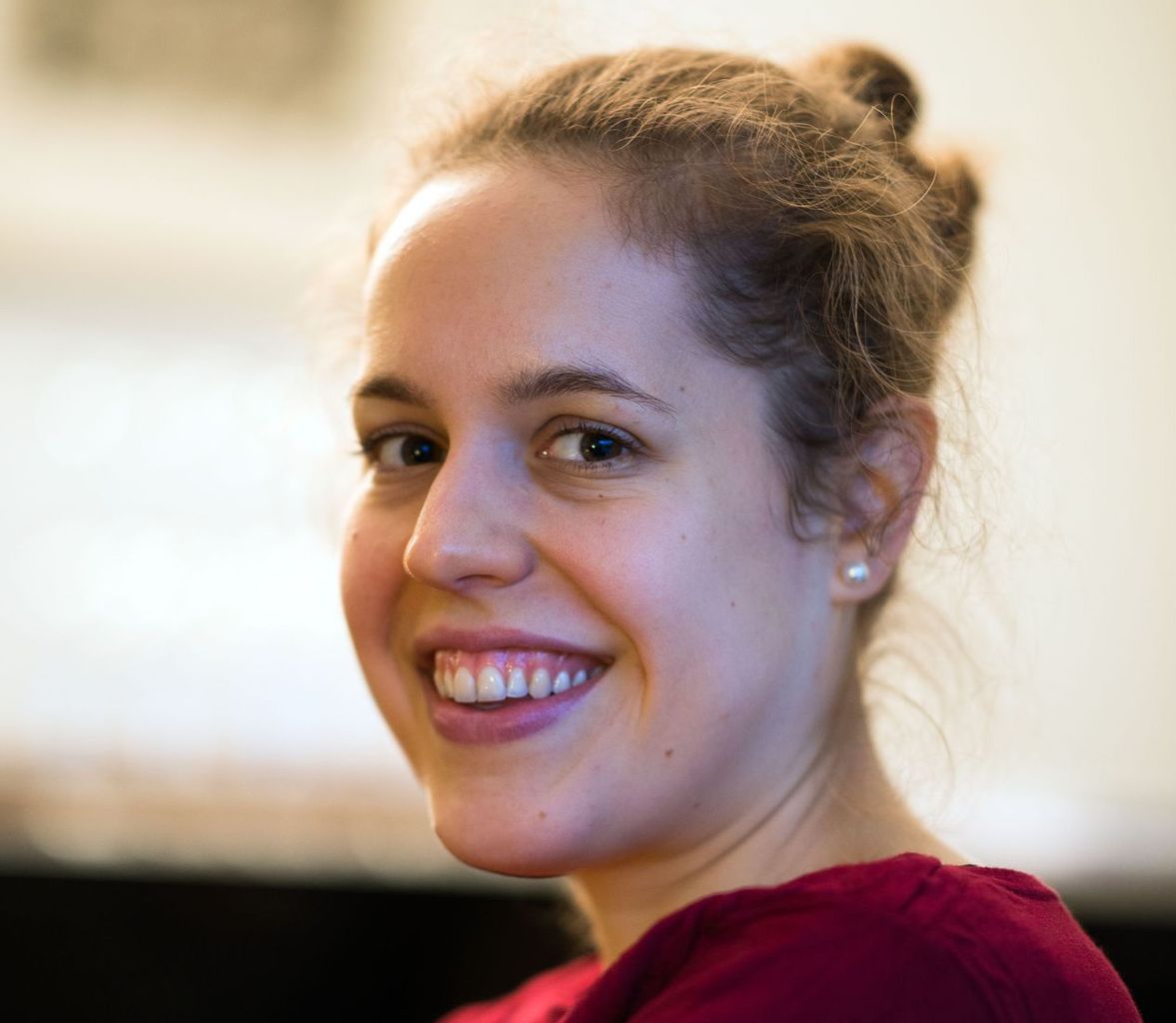- News
Rebekka Wild - On protein and other structures
Image: Rossitza Irobalieva1/4- News
Murielle Delley - the privilege of life-long learning
Image: Bernard Delley2/4- News
Julie Zähringer - Bringing the extremes together
Image: Julie Zähringer3/4- News
Matteo Fadel - Paradoxical entanglements
Image: Universität Basel4/4
Laureates 2019
Controlling the amount of phosphate in cells, the processes involved in catalysts, land use in Madagascar and a paradox of quantum physics – these are the topics for which the Swiss Academy of Sciences (SCNAT) has awarded the Prix Schläfli 2019 to the four most important insights gained by young researchers at Swiss universities. Murielle Delley (Chemistry), Matteo Fadel (Physics), Rebekka Wild (Biology) and Julie Zähringer (Geosciences) receive the prize for the findings arrived at in their dissertations. For the first time, six of the candidates for the Prix Schläfli in Physics were also selected to participate in the Lindau Nobel Laureate Meeting.
Through her dissertation at ETH Zurich, Murielle Delley deepened her understanding of how certain catalysts, such as those used in polyethylene production, work. At the University of Basel, Matteo Fadel was able to experimentally prove a quantum mechanical paradox in a multi-particle system for the first time. Rebekka Wild at the University of Geneva clarified the structure and function of a unit in biological cells that contributes to regulating phosphate concentration. In her dissertation at the University of Bern, Julie Zähringer analysed how land use is changing on the margins of protected areas in Madagascar, using satellite images and around 1200 interviews.
- Laudatio for the Award Ceremony of the Prix Schläfli 2019 Biology of the Swiss Academy of Sciences (SCNAT) for Dr Rebekka Wild
- Laudatio for the Award Ceremony of the Prix Schläfli 2019 Geosciences of the Swiss Academy of Sciences (SCNAT) for Dr Julie Zähringer
- Laudatio for the Award Ceremony of the Prix Schläfli 2019 Physics of the Swiss Academy of Sciences (SCNAT) for Dr Matteo Fadel
- Laudatio for the Award Ceremony of the Prix Schläfli 2019 Chemistry of the Swiss Academy of Sciences (SCNAT) for Dr Murielle Delley




